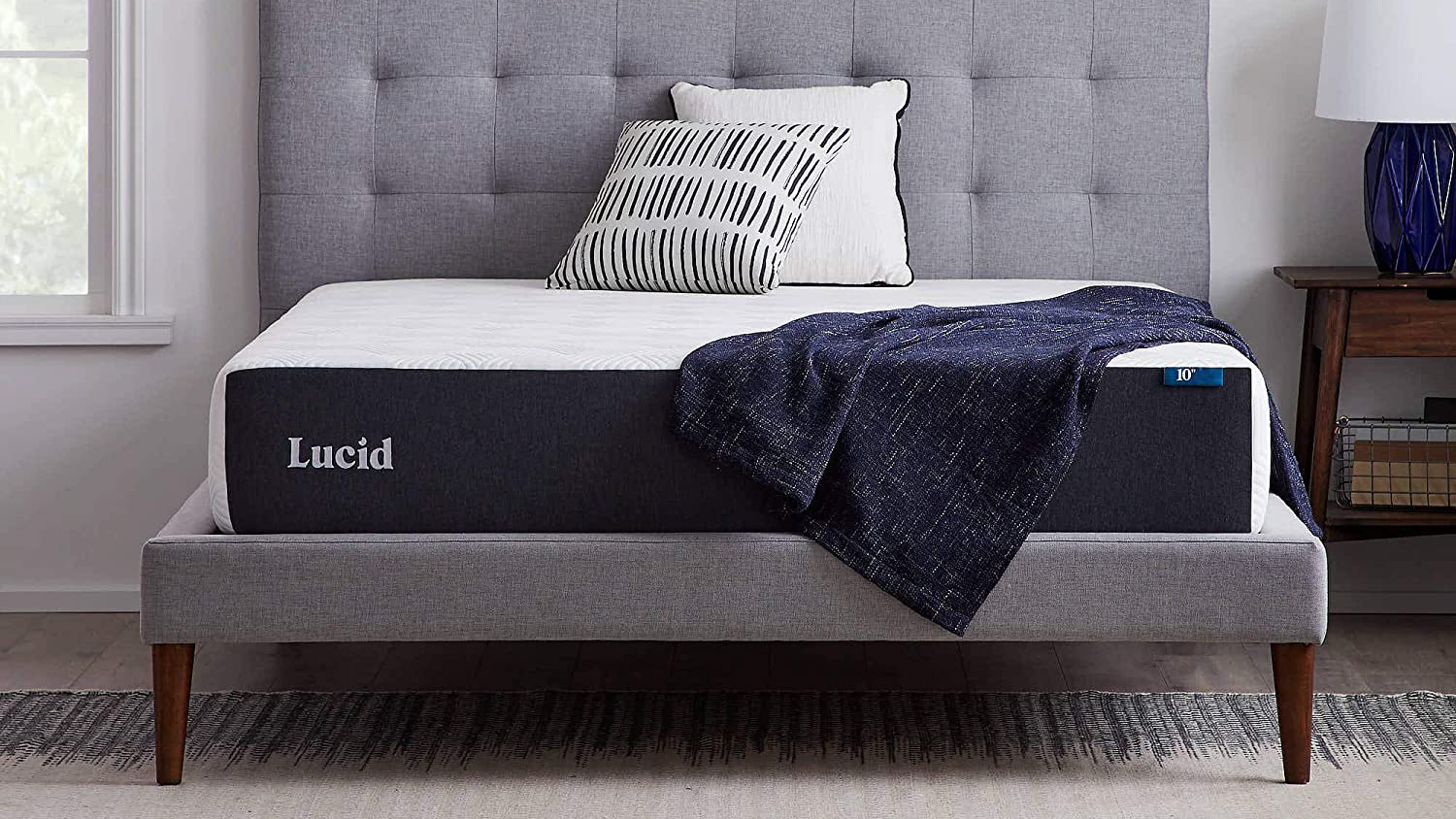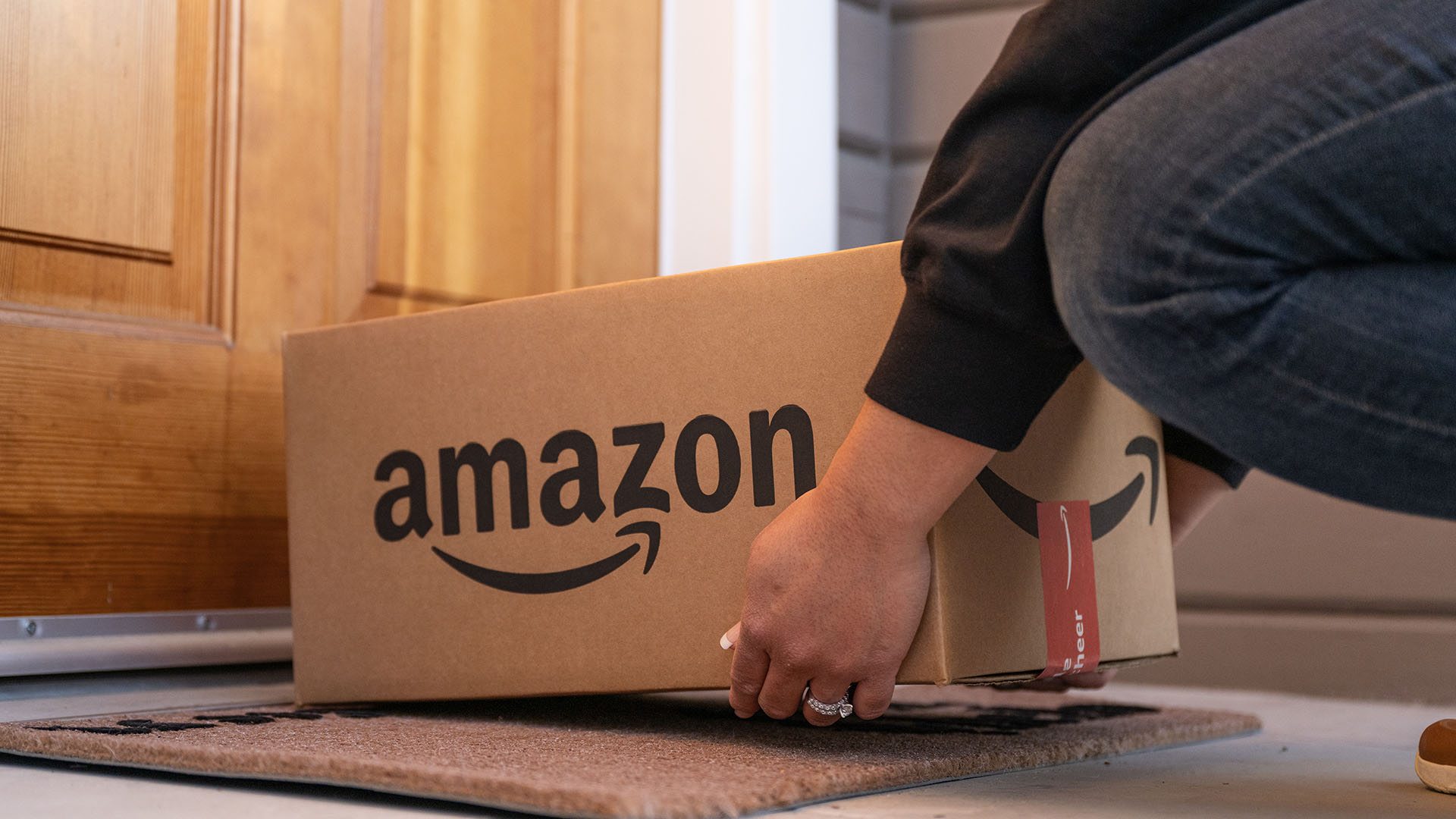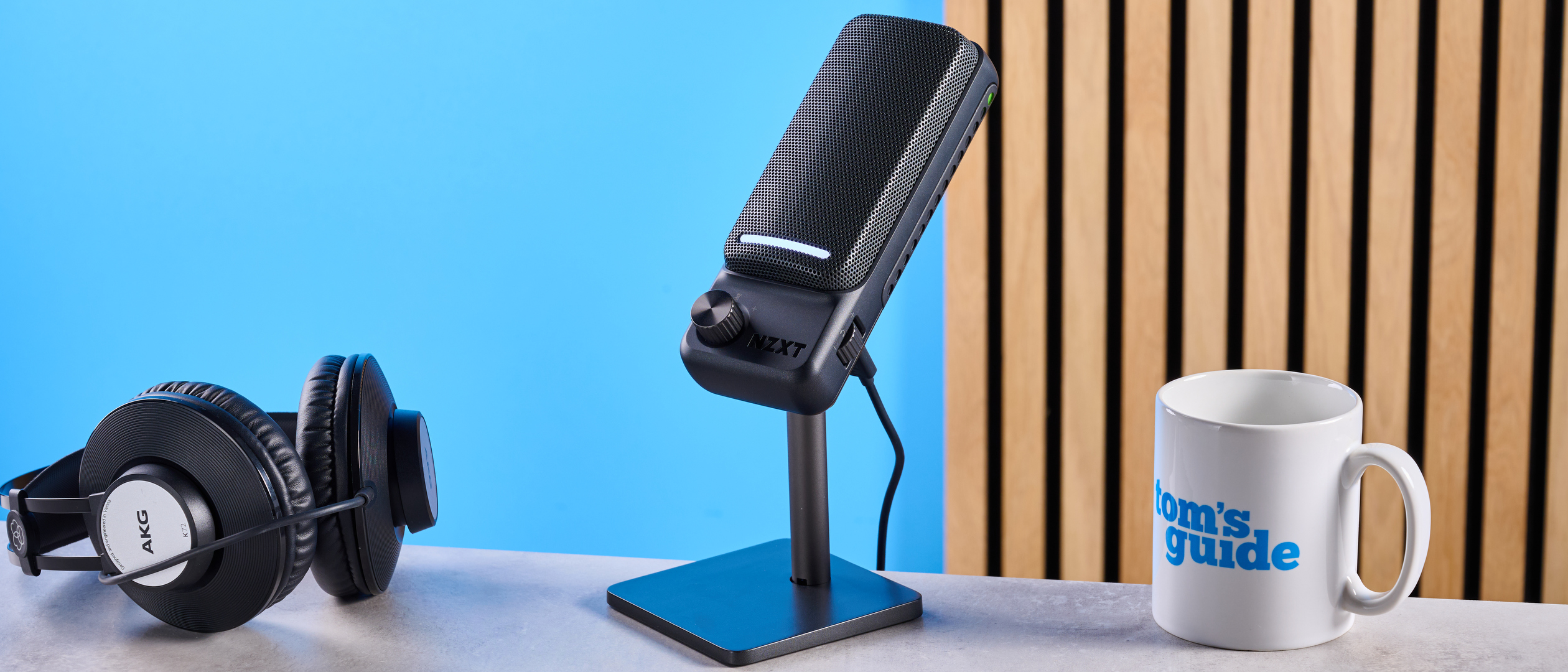4 essential things to check before buying a mattress on Amazon
If you're thinking of picking up a cheap mattress on Amazon in the Prime Day sales, read this first

If you're on the hunt for a cheap and cheerful new mattress, you might well head to Amazon. There are some great budget options available via this retail giant, but figuring out which models are 'cheap and good value' and which are 'cheap and just rubbish' is key.
We've done some of the hard work for you by combing through the various listings and picking out the ones worth considering. You'll find our top options in our roundup of the best mattresses on Amazon (or if you're on a really tight budget, our best sub-$400 Amazon mattress guide).
However, if you're thinking of going off-list, perhaps because you've spotted a bargain in Amazon Prime Day deals (in full swing – this year's event runs from 11-12 July) there are certain important things you should look for. These are things we'd expect from even an ultra-budget mattress, and should help ensure you end up with a comfortable, decent quality model that won't need to be immediately replaced.
Read on for four essential things to check for when buying a cheap mattress on Amazon. Or, if you're hunting for a bargain, head straight to our Amazon Prime mattress deals roundup for our top picks. Plus, if you do snap up the right bed for you from Amazon, be sure to dispose of your old mattress responsibly by following our guide on how to get rid of an old mattress.
1. A depth of at least 10 inches
For most adults, the minimum mattress depth to look for is 10 inches. Anything thinner than that and you'll be pushing your luck when it comes to comfort and support. Children and petite / lightweight individuals might get away with a slightly thinner mattress – say 8 inches. If you weigh 230lb or more, you might want to look for a mattress that's 12 inches or thicker.
2. CertiPUR-US certified foams
A CertiPUR-US certification, which means the foams in your mattress meet certain minimum health and environmental standards. We'd expect this even in a budget mattress. It's not a particularly impressive credential, but we'd consider it a red flag if a mattress' foams weren't CertiPUR-US certified. If it's not mentioned on the Amazon product entry, it's worth doing a quick good of the company, because sometimes things like that can get missed when transferring information onto the Amazon listing.

3. A decent warranty / returns policy
If you're buying a cheap Amazon mattress, you'll be lucky if it comes with a sleep trial period. So while you might not be able to return your mattress just because you don't like it, if it's faulty you should still be able to send it back. Look for warranty information on the product listing page, as well as double-checking what happens if you need to return your mattress to Amazon.
Sign up to get the BEST of Tom's Guide direct to your inbox.
Get instant access to breaking news, the hottest reviews, great deals and helpful tips.
If you do want a mattress with a trial period, consider investing a bit more and buying direct from a reputable bed brand. You might not even need to spend that much more – many of today's best budget mattresses (all under $500 for a queen size) come with a trial period of at least 90 nights.
4. Foam that's at least 1.8lb
The key indicator of foam quality is how dense it is. The denser the foam, the better the quality, and the more durable and expensive it will be.
Ideally, for your comfort layer (the top section of the mattress that defines the sleep feel), you want the foam to be at least 1.8lb. According to mattress manufacturing expert Tim Dilworth, this is the minimum density to look for in a mattress, if you want it to be comfortable and to last (you'll find more information and insights from Tim in our memory foam density guide). That's especially true for bed-in-a-box mattresses, because the compression process puts the foams under stress, and poor quality foams likely won't recover properly.
This is an important spec, but it's last on our list because it's basically impossible to figure out – in the vast majority of cases, brands won't publish this information.

Ruth is currently Homes Editor on Tom's Guide's sister site TechRadar, where she reviews and writes about everything from air fryers to vacuum cleaners to coffee machines, as well as the latest smart home gadgets. Prior to making the shift to Homes, Ruth was Tom's Guide's Sleep Editor. A certified Sleep Science Coach, she has tested more mattresses than her small flat can handle and will talk at length about them to anyone who shows even a passing interest.
